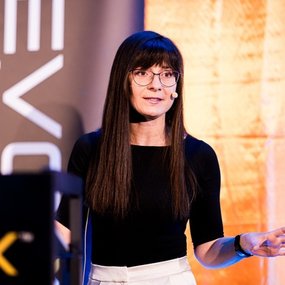Wednesday
Room 4 - Level 4
11:40 - 12:40
(UTC±00)
Workshop (60 min)
Part 2/2: Building a movie recommendation system with Tensorflow and PGVector
Have you noticed the recent improvement in how our searches have become smarter? It's fascinating how vector search technology has enhanced our contextual search experience.
The underlying idea is quite straightforward. Let's consider the example of a movie recommendation system. The goal is to represent each movie in our catalog as a vector, a numerical representation of a piece of text.
Once we also convert the search phrase into a vector, we step into a whole new realm—a multidimensional space where these vectors replace the original text values. Through some mathematical techniques, we can determine which movie representations are closest to the vector representing our search query.
How do we create such vector representations? We need an AI model trained on vast amounts of data to recognize patterns and effectively convert text phrases into vectors. This is where TensorFlow comes into play, providing libraries to convert text into vectors running locally on our machines. We'll be using a library called the universal sentence encoder.
All of this you’ll learn in our workshop, we'll work together to build a movie recommendation system from start to finish, utilizing NodeJS, TensorFlow, and PostgreSQL’s extension PGVector. We'll guide you through the process of creating the vector embeddings using TensorFlow right on your laptop. Additionally, we'll leverage pg-promise to efficiently handle bulk row inserts, and we'll explore the usage of Next.js for a full-stack project. By the end of the workshop, you'll have a fully functional project that generates movie recommendations.
We assume you have some familiarity with NodeJS and a willingness to take on challenges. Don't worry, though, because we'll be there to walk you through every step.
This session is particularly beneficial for those who are intrigued by contextual search and usage of AI, but might find themselves overwhelmed by the complexities to get started.

